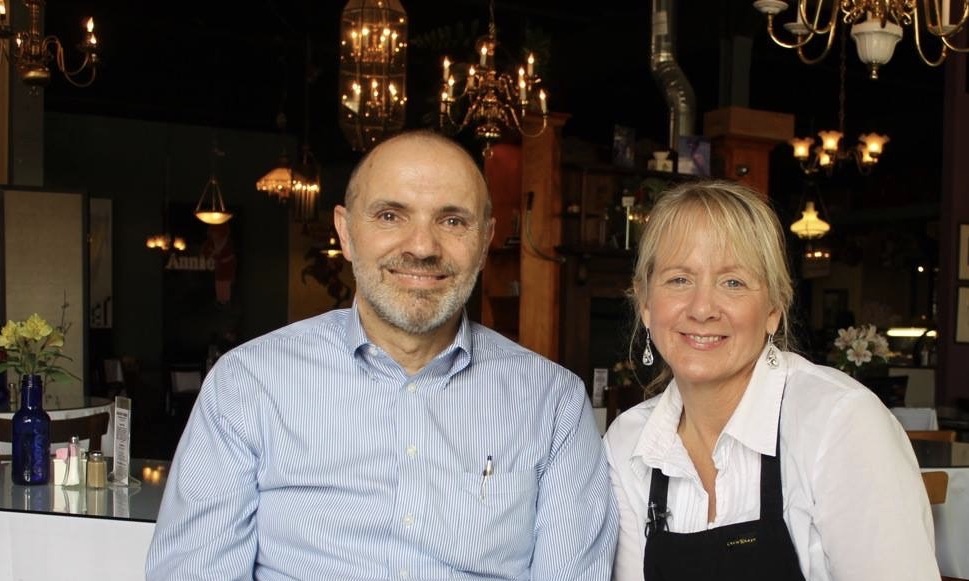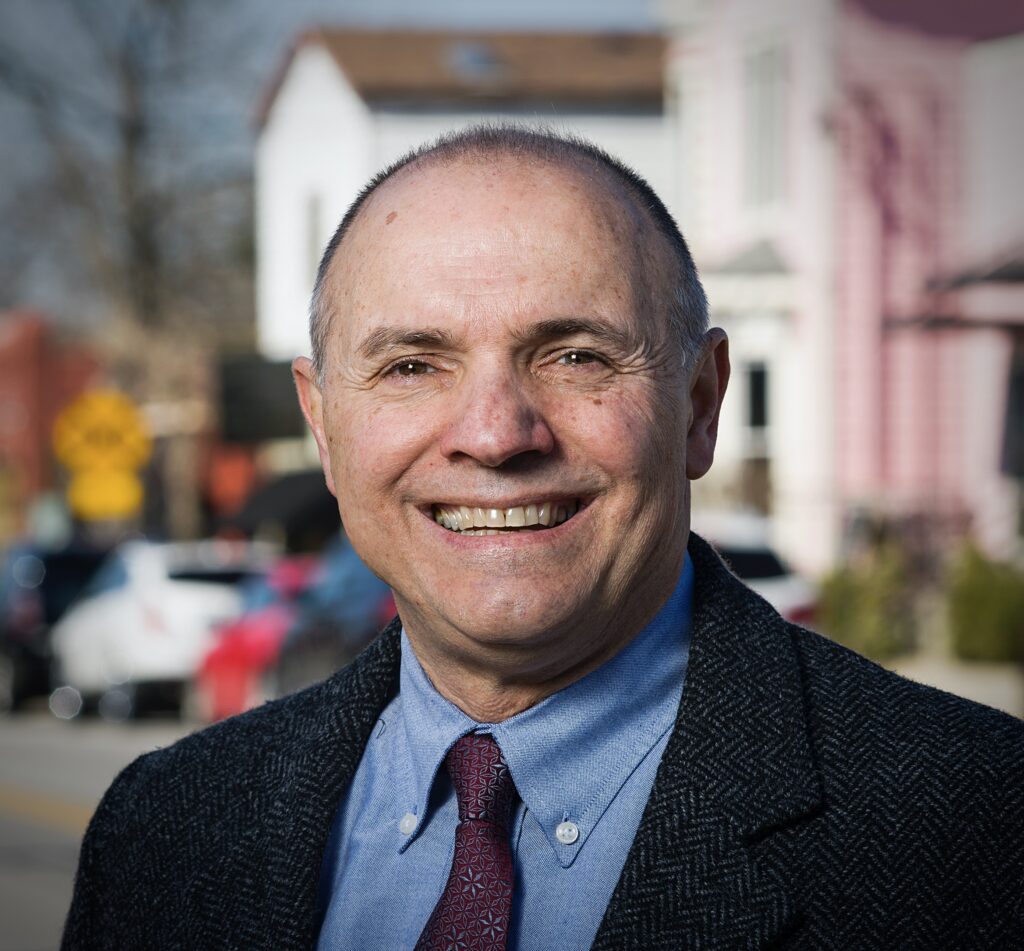
About the author : paulwesslundwriter
Paul Wesslund spent a career writing and editing for newspapers and in the energy industry. When he retired in 2015 he went on to write two books on how kindness and integrity leads to success, wrote a monthly energy column, became an environmental organizer, and got involved in the leadership of his church.
Subscribe To My Blog
Share This Story, Choose Your Platform!

Guest post by Sal Rubino, who spent a career in the restaurant business and along with his wife, Cindy, owned The Café, a highly successful and popular restaurant in Louisville, Kentucky, while raising their family of three children.
Several years ago a business colleague asked me, “How do you measure success?” I didn’t answer him right away. Actually, I never answered him. I was going through a transition in my life, trying to reinvent myself, trying to salvage my failing marriage. And, while I was still searching for my answer, he whipped out his wallet from his back pocket, waved it in front of me and said: “Well, I’ll tell you how I measure success, and it’s right here!”
Of course, he was referring to financial success. And, yes at one point in my life, that is exactly how I measured success. But, at that moment in my life I was beginning to question if there was more to success than money.
Paul Wesslund writes in his new book Small Business, Big Heart about how one couple (that would be me and my wife, Cindy) redefined the bottom line. Integral to that redefinition was balance and fulfillment which, in short, mean a better quality of life. So what are the steps that got us there – and that made our journey interesting enough for it to become the subject of a book?
1. Don’t stop until you get it right
It’s been said of inventors and entrepreneurs that most fail numerous times before they reach success. But we don’t have to stop at just inventors and entrepreneurs. How many of us know someone, if not ourselves, who went to school for one thing and then ended up in an entirely different career? I’m sure that you have heard “Do what you love, and never work a day in your life.” The common denominators of happiness and/or quality of life are more important than the money because if you’re miserable with what you are doing, all the money in the world won’t make it better. So if you are headed in a direction that you believe will bring you happiness and fulfillment, don t let the bumps in the road stop you. Reassess how you are making the trip, but stick with the journey.
2. Find balance with your business and personal life
How many times have we heard of the husband or father who is always at work and never at home? Harry Chapin says it best in his song Cat’s in the Cradle:
“When you coming home, dad?”
“I don’t know when,
But we’ll get together then.
You know we’ll have a good time then.”
Maybe you’re not a husband or a father, but if you’re reading this, then you’re a human, and, human beings are relational. It’s likely that you have others in your life who are not co-workers. Making time for those people is essential for finding balance in your life.
3. Second chances for all
Everyone deserves a second chance! I can’t think of anyone ever, who got it right the first time. The saying goes; “If at first you don’t succeed, try, try again.” My wife and I were blessed with so many “do-overs” that we have lost count, in our personal life as well as our professional life. That’s why for us it was a no-brainer to offer second chances to employment candidates, whether it was a second chance needed by a refugee now living in a new country or a second chance needed by someone battling an addiction. When you offer someone a second chance, and that person rises to the occasion and puts in the effort to change their own life, magic happens and everyone wins.
4. Listen more, talk less
Dr. Stephen Covey says in Habit 5 of his 7 Habits of Highly Effective People, “Seek first to understand, then to be understood”. He goes on to say, “Most people do not listen with intent to understand; they listen with intent to reply.” This is more important now than ever before, with Black Lives Matter. You might hear someone say “All lives matter.” That’s not even a conversation. That’s just two people shouting slogans at one another. In order to understand empathically what Black Lives Matter means we must listen intently and enter the conversation. Shouting back from the roof-tops “All lives matter” doesn’t seek to understand anything.
5. Surround yourself with people who know more than you
Whether you are a mother trying to navigate the challenges of raising kids, or a business owner trying to keep the ship afloat, or a college student who just wants to graduate, my advice is “don’t go it alone.” Seeking advice from friends, colleagues, family members and mentors has been around since people have walked this earth.
So what keeps someone from seeking the advice of others?

Most of the time it’s something as simple as pride. It’s like the stereotypical motorist who won’t ask for directions. The old saying is true, “It’s lonely at the top.” This is true for the head of a household and the head of an organization. Because, like the children don’t quite understand what their mother has to endure each day as they go about their playing, so it is true for the average employee. Most employees haven’t a clue what the head of a small business, or that of a large business for that matter, has to deal with on a daily basis. That is why whatever your lot in life, you should find people who you can surround yourself with who can lend an ear to be a “sounding board” or an advisory board, or on a personal level a good friend. These would be people who have had similar experiences in life or business, who can help you with the challenges that you face.
In the hard knocks of my business and personal life, I learned that to be successful, you first have to know what you mean by success. My advice is that you make that definition not about money, but about balancing all the parts of your life.
